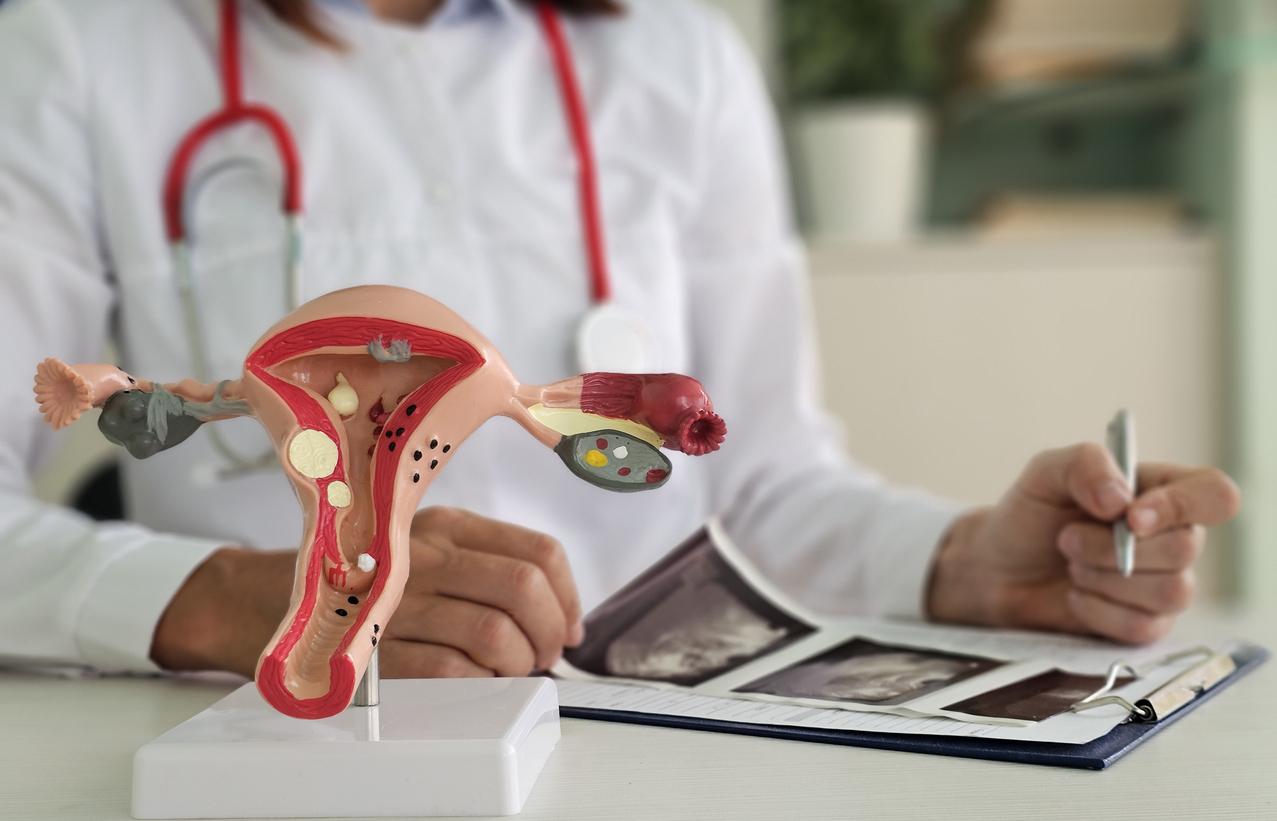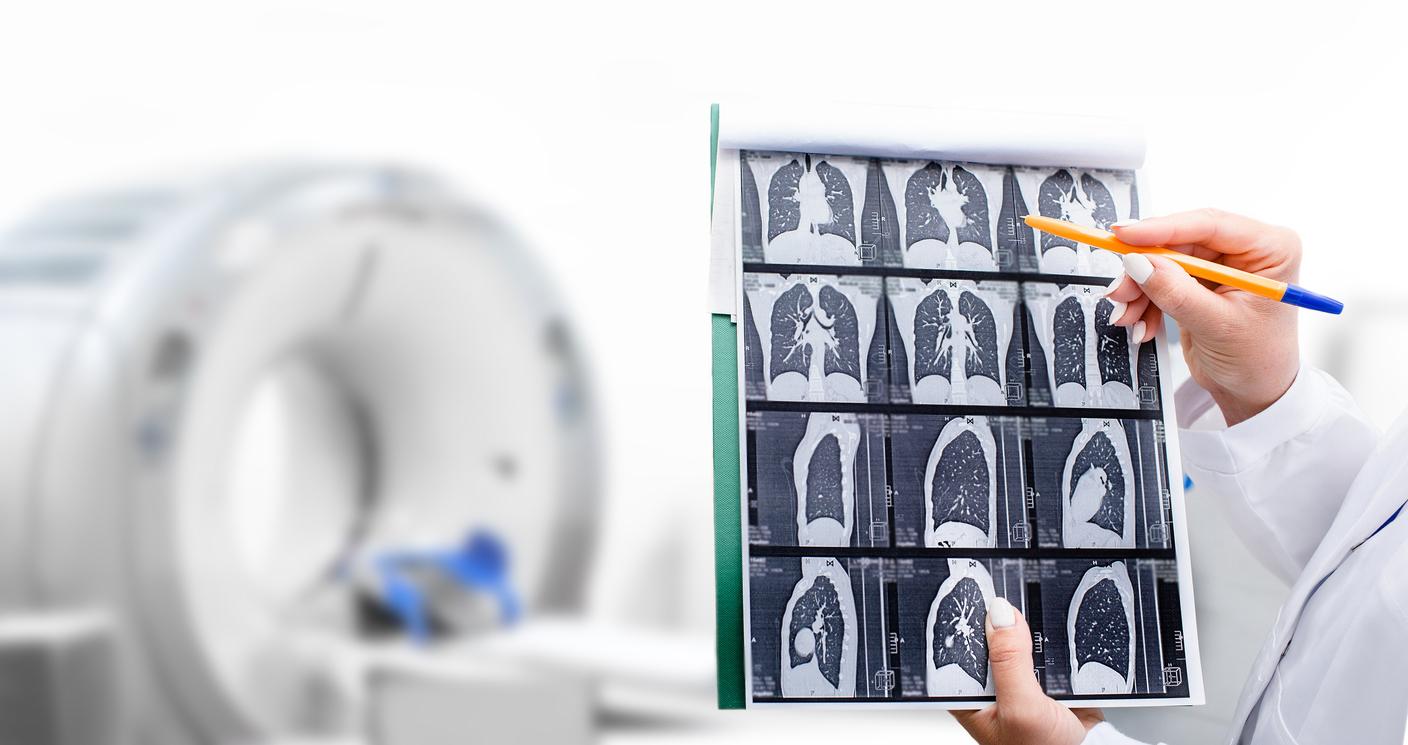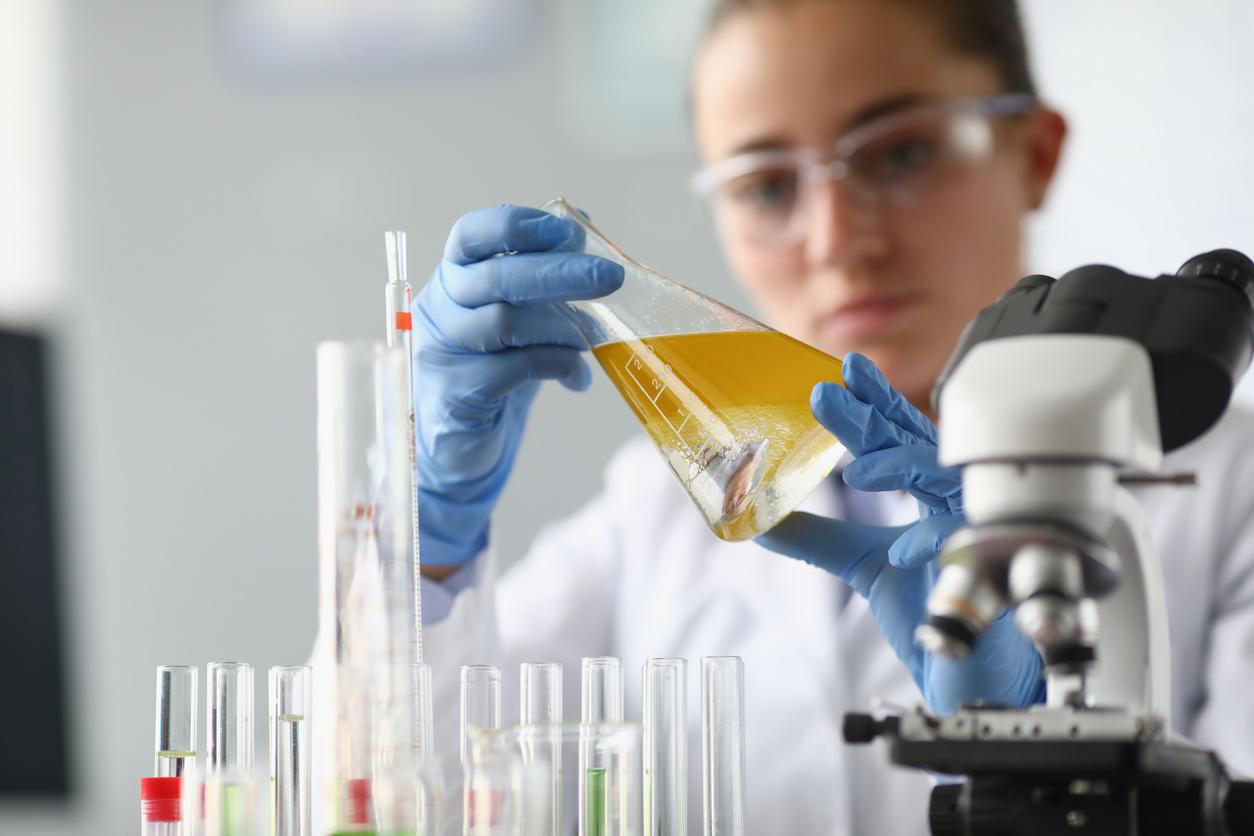Since 1972 in France, a national program of newborn screening is offered to all newborns systematically and free of charge. It aims to detect and provide early treatment for rare but serious diseases, mostly of genetic origin. “The goal is to ensure that symptoms never appear for certain diseases or to greatly limit their impact for other diseases”, explains Dr. Jean-Baptiste Arnoux, pediatrician in the metabolic diseases department, coordinator of the screening working group within the G2M rare diseases sector.
This screening, which is not compulsory but very rarely refused by the parents, also called Guthrie’s test, is done through a blood sample from the heel or the hand within 48-72 hours after birth. Drops of blood are placed on a blotting paper sent for analysis. This program made it possible until December 2022 to screen for six rare diseases.
Neonatal screening for seven new genetic diseases
Since January 1, 2023, following the recommendations of the Haute Autorité de Santé (HAS), neonatal screening has been extended to seven diseases additional effects affecting metabolism: 3 aminoacidopathies, genetic diseases due to a disorder in the metabolic pathway of one or more amino acids (homocystinuria due to CBS deficiency, leucinosis, tyrosinemia type 1), 2 organic aciduria, corresponding to an enzymatic deficit of amino acid catabolism, leading to the accumulation of a different organic acid depending on the missing enzyme (glutaric aciduria type 1, isovaleric aciduria) and 2 deficits in beta oxidation of fatty acids (the LCHAD deficiency, carnitine uptake deficiency).
“This choice was made because we have strong arguments that early detection can change the prognosis of these diseases”, says Dr. Jean-Baptiste Arnoux, who points out that most other European countries have been screening for these hereditary metabolic diseases for almost 20 years.
For these diseases, a totally changed prognosis
For these seven diseases, treatments, sometimes simple, make it possible to avoid all or part of the usual complications. This is particularly the case for the early treatment of carnitine uptake deficiency. “If this disease is not detected and treated, it is revealed in its severe form in the first years of life by heart failure, and in more moderate forms by cardiac arrhythmia disorders in adults with risk of death from cardiac arrest. When screened at birth and the child is given carnitine capsules none of these complications will occur.”
Early detection and treatment of type 1 glutaric aciduria also upsets the prognosis of type 1 glutaric aciduria. an increase in the blood of glutaric acid which is toxic to the brain. This metabolic decompensation leads to serious cerebral sequelae. “If this disease is detected at birth, we will be able to put in place simple means to prevent this metabolic stress during common infections”, explains Dr. Arnoux who informs us that “in countries that have implemented neonatal screening for this disease, a 90% reduction in the number of patients with neuromotor sequelae due to a metabolic crisis has been observed”.
Neonatal screening should be enriched with other diseases to be screened for in the years to come. The High Authority for Health (HAS) conditionally recommended, in February 2022, an extension of the neonatal screening program for severe combined immunodeficiencies. An assessment of screening for spinal muscular atrophy is underway in two French regions. For genetic metabolic diseases, “the integration of five additional metabolic diseases will be discussed again in 2023, and others still in the coming years”informs Dr. Arnoux.
















